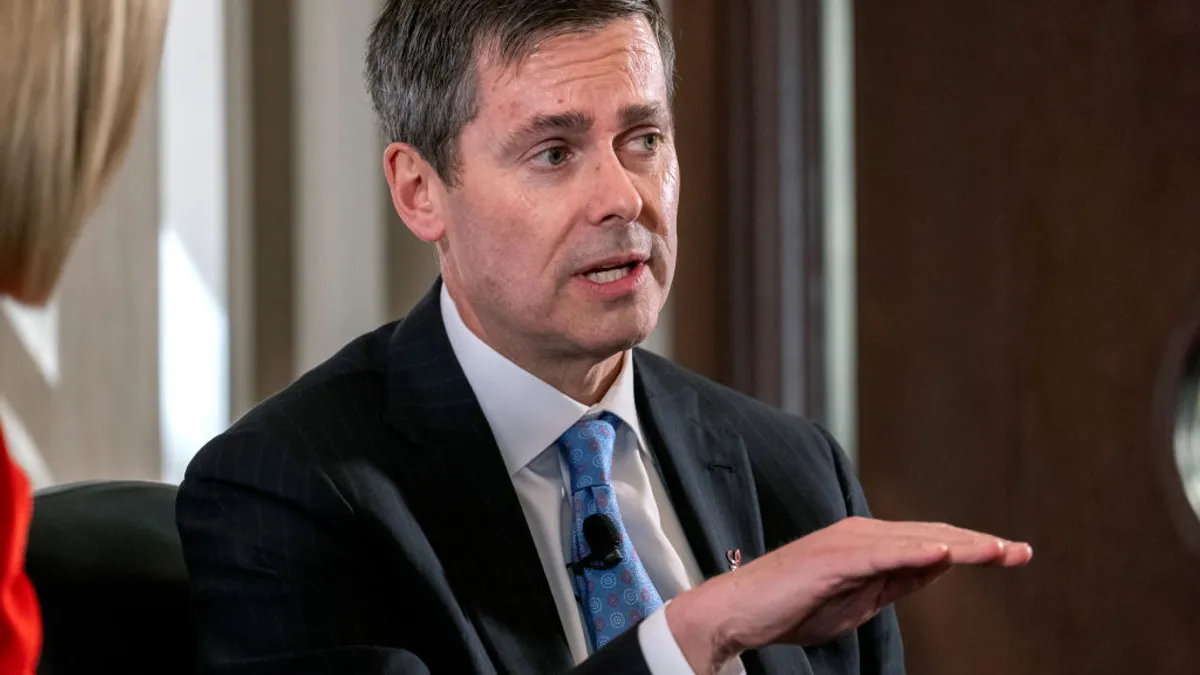 Imagine this: a group of pre-identified, pre-screened patients are remotely enrolled in a clinical trial, their private health records accessed and validated instantaneously upon consent. The investigative product is traced from inception to consumption by each individual patient; ensuring quality is documented and maintained. Then using remote patient authenticated mobile and wearable devices, validated patient data is securely captured real-time and is immediately retrieved by relevant stakeholders with verified identities and qualifications. Safety monitors review adverse events and trigger notifications to verified stakeholders within seconds for further processing. At every point from study start-up to close-out, all products and people involved are validated, and all study-related documents are transparent and exact.
Imagine this: a group of pre-identified, pre-screened patients are remotely enrolled in a clinical trial, their private health records accessed and validated instantaneously upon consent. The investigative product is traced from inception to consumption by each individual patient; ensuring quality is documented and maintained. Then using remote patient authenticated mobile and wearable devices, validated patient data is securely captured real-time and is immediately retrieved by relevant stakeholders with verified identities and qualifications. Safety monitors review adverse events and trigger notifications to verified stakeholders within seconds for further processing. At every point from study start-up to close-out, all products and people involved are validated, and all study-related documents are transparent and exact.
This scenario could be the reality of clinical research trials in the immediate future thanks to blockchain technology.
The picture described above displays how the application of blockchain technology will provide secure, real-time access to unamendable clinical trial data and documentation while ensuring the accuracy and validity of:
Enrolled patients’ health records
Clinical research stakeholder qualifications
Remote patient monitoring data
Adverse event data and case processing
Supply chain and drug monitoring data
Due to the enthusiasm around the potential of blockchain, these applications of the technology in clinical research are already being piloted today. In fact, 20% of life-science industry executives expressed that they are working with and investing in blockchain today, and nearly 70% of all life- science executives expect to have a blockchain network in production by 2020.1 While there is strong consensus that this technology holds great potential to improve the state of clinical research, there are several barriers of entry that the life-sciences industry as a whole needs to confront. These include:
Agreeing to a method for safely compiling all the patient data that exists today
Building interfaces that interact with the current lack of interoperability with EHR systems/records or home-grown clinical software applications
Providing a proof-of-concept for risk-averse companies, regulatory agencies and late-adopters
Identifying talent that understands capabilities, limitations, challenges, and opportunities of blockchain in addition to the intricacies of clinical research
Successfully building a trusted decentralized framework for secure peer-to-peer data exchange will require a highly coordinated effort from sponsors, clinical sites, academic research centers, third-party providers, and government parties. In order to achieve this level of coordination, the first step for the healthcare industry is to cultivate platforms for cross-industry innovation by increasing opportunities for idea exchange.
It is for this reason that in May 3, 2018, MATTER (a healthcare incubator in Chicago), the University of Illinois at Chicago, SAP, and Advanced Clinical hosted Chicago’s first Blockchain in Healthcare Summit. This sold-out event brought together experts from industry and academia to discuss the potential of blockchain to improve clinical outcomes, map the patient journey, advance public health goals, and improve the quality and timeliness of data exchange in clinical research. During the summit, several subject experts were asked: what is the most promising application of blockchain in healthcare?2
From a clinical research perspective, the most promising application of blockchain as it is leveraged in clinical development will be solutions for improving data integrity, real-time data access, and transparency in drug and device development. In addition, as clinical researchers are increasingly relying on remote technology for patient data collection, blockchain will strengthen patient identity management in a way that is not possible using today’s existing technology.
The world is entering a new era of technological advancement with blockchain at its core. Life-sciences organizations must foster collaboration and face barriers as a unified front in order for blockchain technology to reach its potential of enhancing medical discoveries, improving product quality, and expediting better treatment options for the global population.
Editor’s Notes: 1 Team Medicine – How life sciences can win with blockchain’, IBM Institute for Business Value. Survey conducted by The Economist Intelligence Unit; 2 www.matter.health
Advanced Clinical is an award-winning clinical development organization that provides CRO, FSP, Quality & Validation, and Strategic Resourcing services for biopharmaceutical and medical device organizations. For more information,
visit advancedclinical.com.










